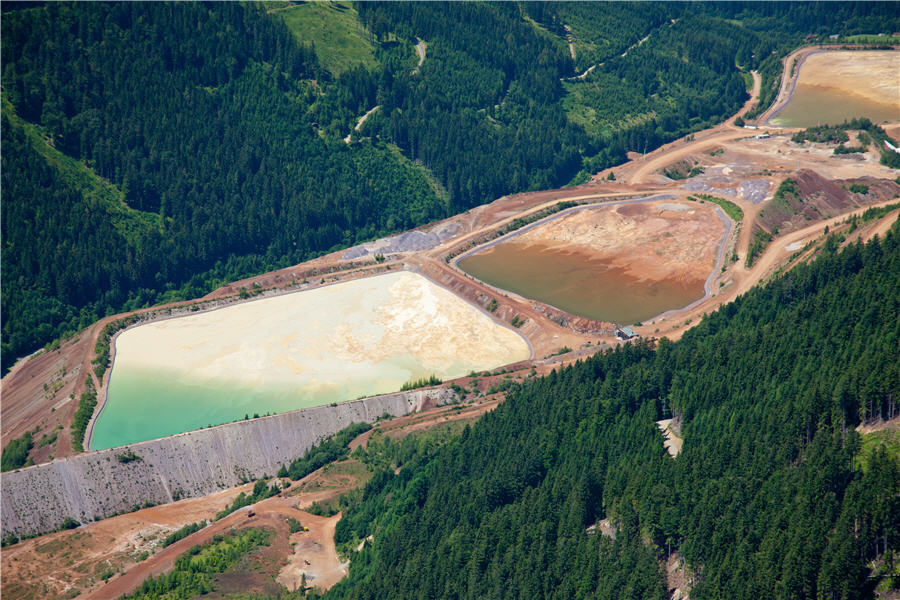Indigenous Shuar Arutam Government in Ecuador Calls Out Canadian Mining Company’s Sham Consultation Process.
On July 14th, as havoc, panic, and fear caused by COVID-19 continues to sweep through the Ecuadorian Amazon, Canadian company Solaris Resources celebrated its new listing on the Toronto Stock Exchange’s Venture Exchange (TSX-V). It then proceeded to launch a two-week Twitter campaign championing its successful community alliances around its Warintza copper-gold project, and their successes with the “novel consultation process” with Indigenous Shuar Warints and Yawi communities.

